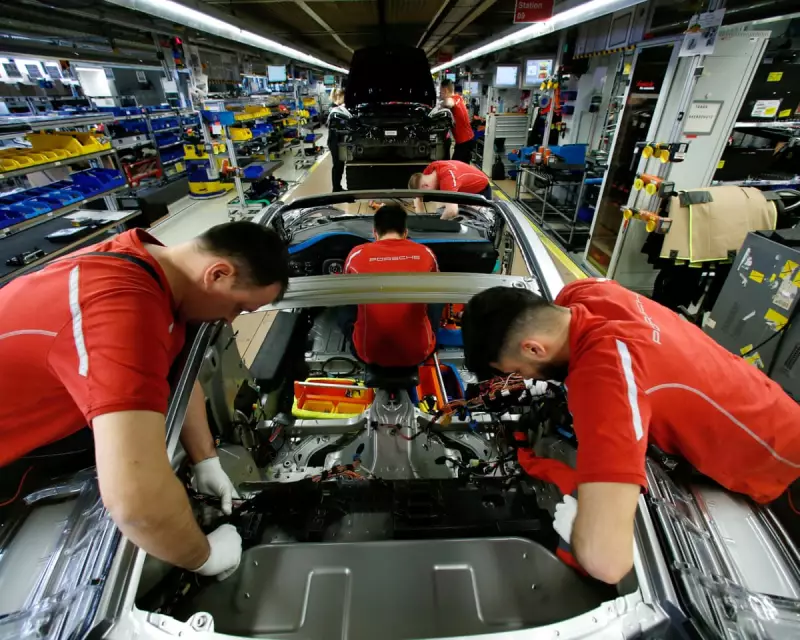
Germany has officially confirmed it will implement a ban on the sale of new petrol and diesel cars from 2035, following a crucial agreement reached with other European Union member states.
The EU Agreement That Sealed the Deal
The decision comes after German transport minister Michael Theurer announced that a compromise had been reached with fellow EU countries regarding the future of internal combustion engines. This breakthrough follows months of uncertainty after Germany initially blocked the EU's original 2035 phase-out plan earlier this year.
The key sticking point had been Germany's insistence on securing an exemption for vehicles running exclusively on synthetic fuels, known as e-fuels. The newly confirmed agreement now includes provisions that will allow such vehicles to be registered after 2035, provided they use carbon-neutral fuels that don't contribute to atmospheric CO2 levels.
What the 2035 Ban Means for Car Manufacturers
Under the confirmed regulations, all new cars sold in Germany from 2035 must be zero-emission vehicles. This represents a seismic shift for the world's fourth-largest automotive industry and home to manufacturing giants including Volkswagen, BMW, and Mercedes-Benz.
The transition timeline gives automakers just over a decade to completely overhaul their production lines and development strategies. While many German manufacturers had already announced ambitious electrification plans, the confirmed deadline now creates binding targets that will require massive investment in battery technology and charging infrastructure.
The European Commission has committed to creating a separate vehicle category for cars that can only run on carbon-neutral fuels, addressing Germany's primary concern about technological neutrality in the transition away from fossil fuels.
Broader Implications for the UK and European Markets
Germany's confirmation of the 2035 ban solidifies the European automotive industry's accelerated shift toward electrification. This development carries significant implications for the UK market, which had already committed to its own 2035 phase-out of new petrol and diesel vehicles.
With Europe's largest economy now firmly committed to the transition, the entire supply chain for electric vehicles is expected to see rapid expansion, potentially driving down costs and increasing availability for British consumers. However, it also raises questions about the future of cross-border vehicle travel and charging infrastructure compatibility between the UK and EU nations.
The German decision is likely to influence other EU member states that had been waiting for Berlin's position before finalising their own implementation plans. This creates a domino effect that could see the entire European market shift more rapidly toward electric mobility than previously anticipated.
Industry analysts suggest that the confirmed German ban will accelerate investment in charging infrastructure across Europe, with benefits likely to spill over to the UK through increased standardisation and technological advancement. However, it also positions German manufacturers to potentially dominate the European electric vehicle market, creating competitive challenges for British automakers.
The 2035 deadline now appears firmly established as the continental standard, creating a clear timeline for consumers, manufacturers, and infrastructure developers across Europe, including the United Kingdom.





